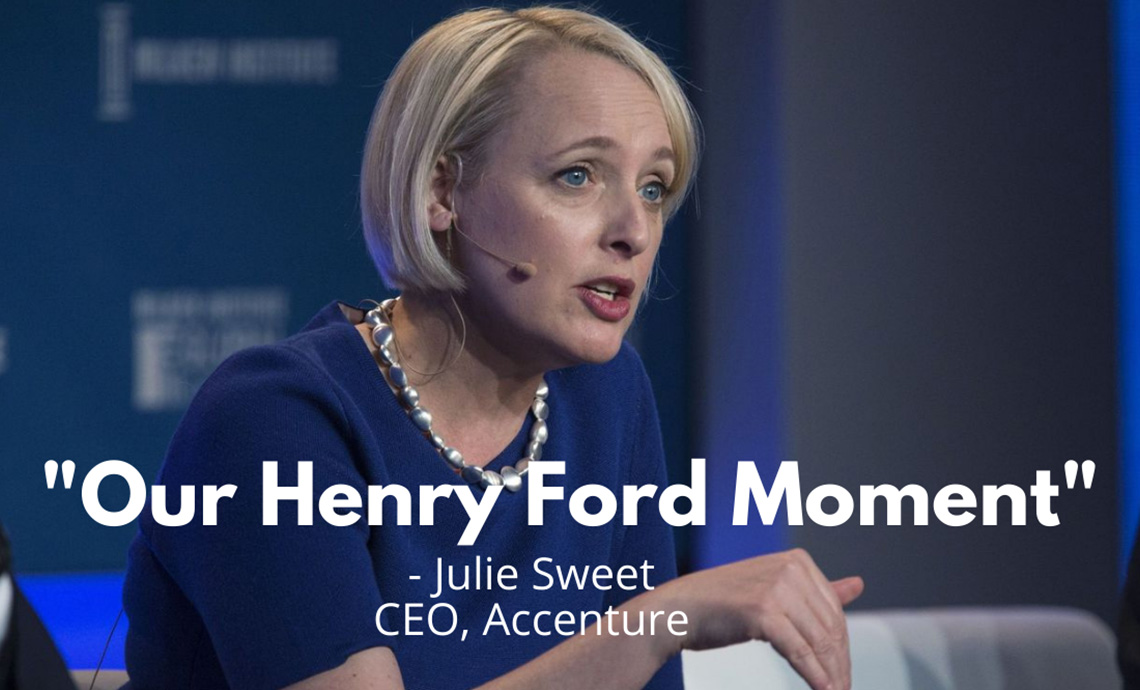We’ve heard a lot about the high rate of unsuccessful data initiatives. According to Gartner, an astounding 70 to 80 percent of business intelligence (BI) projects have failed.
A failure rate that high prompts us to ask the big questions: why? If everyone is trying to leverage data to make better decisions, then why is it so hard to glean actionable insights? How can these initiatives be more successful?
Flexibility isn’t all it’s cracked up to be
A common reason data analytics projects fail is because people can’t actually use the tools they have been provisioned. Any data analytics project suffers when the tool is cumbersome, and having too much flexibility within the platform presents the following challenges:
- Complexity. Platforms that promise ultimate flexibility often develop so many features that everyday users become confused and overwhelmed. Self-service platforms (Tableau, Qlik, Power BI, etc.) are complicated and require data integration skills and training. Want to analyze your siloed event data with membership data? Hopefully there is an API, and you know the right data to pull in. Usage of the tool comes to a screeching halt when staff are presented with technical hurdles.
- Reliance on data experts. Self-service platforms rely on the expertise of the user to know which data set is the right one to pull to tell a visual story. If your team is not equipped with a data specialist, and most associations aren’t, this type of flexibility can lead to misuse and misunderstanding of the data.
- Licensing blocks user adoption. Associations that adopt these types of tools often begin with big dreams of building a data culture, but analysis is throttled to those with licenses. Data culture initiatives fail because self-service tools end up creating a service bureau paradigm (yep – we think that’s ironic too!).
Service Just Right
We saw this challenge; it’s why we built Nucleus. It’s just the right amount of self-service. Nucleus does the work of blending all the right data, emancipating staff from having to perform that complicated task. Sophisticated and customized filters enable users to interact with prebuilt visualizations and analyses, so they may select and segment to get to the information they need. The bottom line is empowerment: users quickly comprehend the state of their member engagement, while having the flexibility to drill down and interact with the visualizations to derive deeper analysis.
Nucleus offers a site-wide license, so anyone in the organization can use the tools. Associations thrive in this setup because it empowers every team member with accessible, easy-to-use data. Nucleus removes the barriers to success, so that anyone in the organization can leverage the insights to best serve the organization, and ultimately, the members.
Plan for Data Analytics Success
Even the best data strategies, top talent, and generous budgets will be unsuccessful with a platform that is difficult to use, or licensed to only a few staff. Your organization’s least technical person should feel comfortable using a tool that’s intended to support better decision-making. If there are too many options within the platform or if users can pull conflicting reports, you’ve already lost.
Set yourself up for success by identifying a platform that people will be able to use (and enjoy!). It should be intuitive, easily accessible, and provide analysis that supports organizational KPIs. Armed with a powerful data analytics tool, your entire team can reap the benefits of using data to make decisions.


